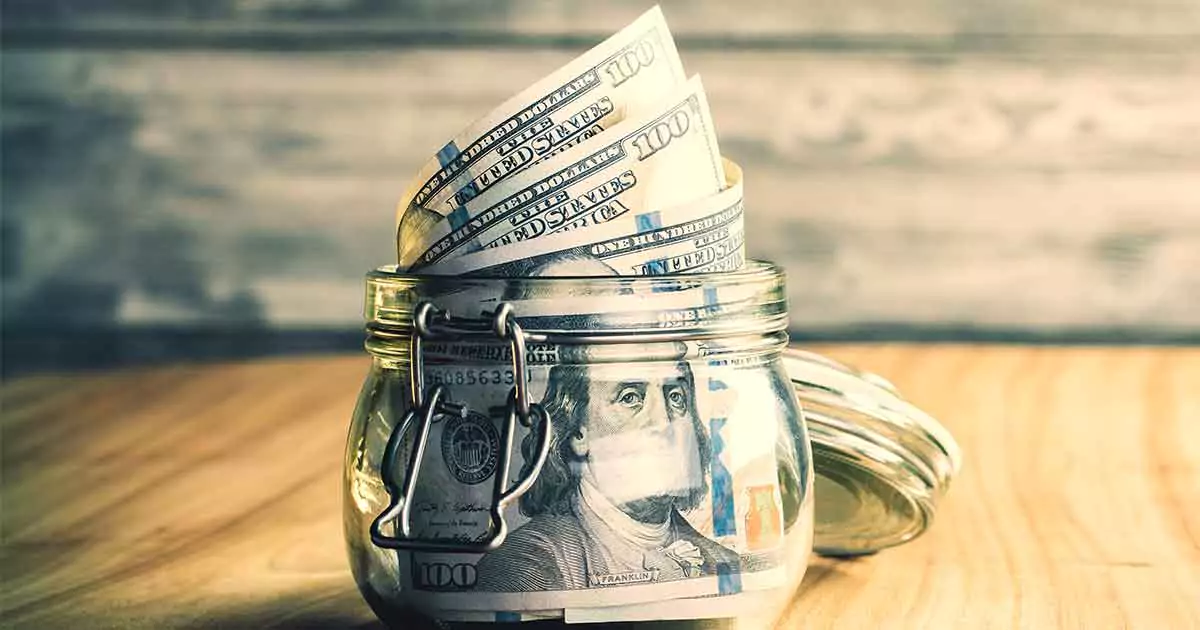
How to Avoid Eviction and Being Late on Your Rent Payments
Missing a rent payment or paying it late happens every day to people of all walks of life. If you didn’t have the funds to pay your rent, don’t freak out. Begin by checking out the rental agreement regarding your rental property to find out just when eviction becomes a possibility for you.
In the meantime, here’s the inside scoop on typical terms you can expect from your rental agreement. We’ll help you understand late fees, grace periods, and more, so you’ll be equipped to stay in your apartment or house, even if you missed a rent payment.
What Happens if You Miss or Delay Rent Payments
Finding good renters isn’t easy. So, if you’re a good tenant who typically pays on time and works to keep your apartment in good shape, you may be more likely to hold onto your home arrangements.
Instead of kicking you out the first day after your rent due date (often the first of the month), sometimes landlords have late fees listed in their rental agreements. These late fees usually begin the first day after non-payment and may accumulate every day afterward. So, if you’re late with your payment, you may be charged $25 or another amount for every day you’re late.
Grace Periods for Late Rent
As a way to keep good renters, most landlords have rental agreements that include a grace period. This is a predetermined amount of time that you can pay rent late without any kind of late fees or penalty.
Usually, the number of days in a grace period is about three days after the start of a month. However, renters shouldn't abuse this grace period or consider it an excuse to pay rent late.
Using it regularly can result in bad habits that increase your likelihood of missing your payment date again. This may result in unnecessary fees. Struggling to pay on time but don’t have a grace period? Contact your landlord in advance.
When Will a Landlord Start Eviction Proceedings?
Non-payment of rent can result in an eviction notice as soon as any permitted grace period ends. This could be on the first of the month, sixth of the month, sixteenth of the month, or any other day.
While the grace period provides some level of protection, eviction proceedings can begin immediately after it is complete. Again, refer back to your rental agreement so you fully understand your rental terms.
What if I Pay Late Fees or Back Rent, but not Both?
Making a partial payment is a good step toward staying in your apartment or house. It shows the landlord your intention to fulfill your rent obligation, while allowing you to avoid bouncing a check.
Partial payments are particularly helpful if you have to pay late fees or back rent, as it can be difficult to totally catch up with one payment. Talk with your landlord if you have to make the decision between late fees or back rent. See if you both can come to a mutual agreement to avoid eviction.
When Will I Actually Get Evicted?
Eviction proceedings depend on the state laws where you are renting. Once the grace period is complete and an eviction notice is served, landlord-tenant law requires certain steps to be taken before an eviction takes place. In cases in which the tenant does not simply leave, a court date may be necessary.
This process can take weeks or months to complete. Because landlords often contact previous landlords regarding applicants, it is not a good idea to fight eviction to the bitter end if you miss rent payment.
What Happens After I Get Evicted?
When you struggle to pay rent and wind up with an eviction or eviction lawsuit, the consequences can be painful and long-lasting. You may face denial for future apartments because of poor landlord references; an eviction can haunt you for years to come.
Our Suggestion: Try to be kind, cooperative, and work with your landlord and property manager when it is difficult to pay the rent. Try to maintain minimal damages to your rental property to help protect you from further penalties.
What Can I Do About Late Rent Payments?
When past-due bills are staring you in the face, you need to act quickly to avoid eviction. If this is a first-time non-payment with your lease agreement, communicate openly, honestly, and as easy as possible in hopes of receiving an extension on your rent.
If that’s impossible, you have other options. You may be able to negotiate a new rent payment that you can immediately afford. You can also try to restructure your finances, dropping services that aren’t as necessary as housing.
This may mean cancelling cable television service or other luxuries. Or it may be time to seek other short-term debt-relief options.
Short-Term Financial Solutions from Check Into Cash
When rent is due and you don’t have the funds to pay, a number of short-term solutions are worth checking out. No matter what your skillset or background, perhaps side work is a helpful option for quick cash.
Whether you mow grass, write resumes, or sit with the elderly, having an extra income from as-needed work can be a substantial help to your financial situation.
When that’s not sufficient, it may be time to investigate an Installment Loan. These loans from Check Into Cash provide more money and more time to pay them back. You may be eligible for an Installment Loan depending on your area. See if this option is available to you using our Store Locator.
Long-Term Affordability and Budget Tips
If you miss a rent payment, don’t give up hope. By working with your landlord, you can likely stay there and get back on your financial feet. In the event you are treated unfairly by your landlord and you’re under the threat of eviction, seek legal advice to determine the options in your specific case.
And if you need quick access to cash so you can make your rent payment on time, take a peek at Check Into Cash’s Installment Loan options to find one that meets your needs.
Editor's Note:
Due to the ongoing COVID-19 situation, your landlord may make special accommodations during this unprecedented time. Here's a resource that may help you find COVID-19 rent relief.
Not all consumers may qualify for loan products noted above; certain restrictions apply. All products and services not available in all states or stores. Rules, fees and limits apply. See store for details.
California: In California, deferred deposit loans are provided in accordance with the Department of Financial Innovation pursuant to California Deferred Deposit Transaction Law, Cal. Fin. Code §23000 et seq.
[custom-facebook-feed]
The information provided on this website does not, and is not intended to, constitute legal or financial advice. Rather, all information, content, and materials available on this site are only meant for general informational purposes. Information on this website may not include the most up-to-date legal, financial or other information. This website contains links to other third-party websites. Such links are only for the convenience of the reader, user or browser. We do not recommend or endorse the contents of the third-party sites nor are the owners of such third-party sites recommending or endorsing our services. Check Into Cash is not affiliated with nor endorsed by any of the websites, companies or entities mentioned in this blog. See a licensed attorney for legal advice and see a certified public accountant or financial planner for financial advice. No reader, user, or browser of this site should act or refrain from acting on the basis of information on this site without first seeking professional advice. All liability with respect to actions taken or not taken based on the contents of this site are hereby expressly disclaimed. The content on this posting is provided “as is,” and no representations are made that the content is error-free.




